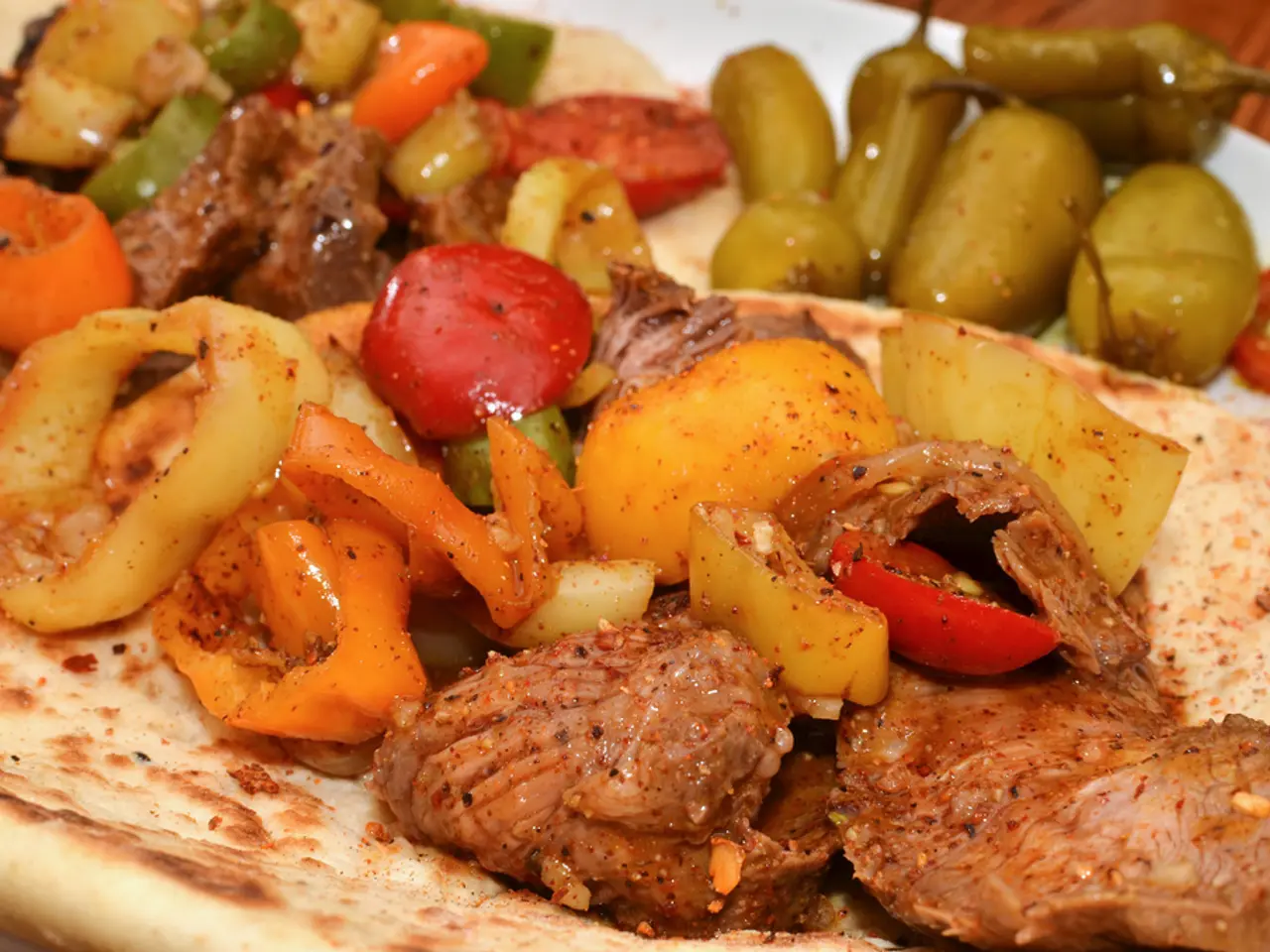A Serbian eatery follows through on a century-old promise, providing meals for free to Polish folk.
Dr. Ludwik Hirszfeld, a prominent Polish microbiologist and serologist, made a significant impact during World War I, particularly in Serbia. His journey is a testament to the enduring power of compassion and international solidarity.
In the midst of catastrophic epidemics, especially typhoid fever, Dr. Hirszfeld's expertise was crucial to the health efforts in Serbia. Serving in the Serbian army’s medical service, he participated in combating typhoid fever outbreaks in Valjevo and other regions. His work included diagnosing, researching, and controlling infections among soldiers and civilians.
Dr. Hirszfeld's research on blood groups during this time notably contributed to the understanding of blood transfusion compatibility, a critical advancement as blood transfusion techniques were still being developed. He also helped establish and improve sanitary conditions and medical treatments for the Serbian army and population, working under extremely difficult wartime and epidemic conditions.
A unique and touching part of Dr. Hirszfeld's wartime legacy is linked to the "Corner" (Kužina) restaurant in Valjevo, Serbia. Here, his acts of kindness became part of the local memory. Hirszfeld was known for his empathy and humane treatment of patients and colleagues. Stories preserved by locals and wartime witnesses describe how he helped feed and care for sick soldiers, often going beyond his professional duties.
The "Corner" restaurant became a symbolic place commemorating the medical relief efforts and solidarity during the darkest days of the war, with Hirszfeld’s presence epitomizing the spirit of compassion amid hardship.
Dr. Ludwik Hirszfeld’s role in Serbia during World War I was pivotal both scientifically and humanely. His medical contributions helped save countless lives amidst devastating epidemics, and his personal kindness left a lasting impression on the communities he served. The memory of his presence and benevolence at the "Corner" restaurant in Valjevo endures as a symbol of hope and humanitarian spirit during one of the most challenging periods in Serbian history.
Born in 1884 in Warsaw, Dr. Hirszfeld is primarily known for his research on blood groups. He introduced the designations for blood groups still known today as 0, A, B, and AB. Additionally, he identified the Rh factor and discovered the cause of serological conflicts.
The relationship between Poland and Serbia, cherished and remembered, is evident even in simple acts like offering a meal. The tradition at the "Corner" restaurant, initiated by the restaurant's owner, Čorče Momić, is a reminder of the deep bonds forged between Poland and Serbia in times of crisis. According to the Polish Embassy in Belgrade, no Polish person pays for their meal at the restaurant, a touching tribute to Dr. Hirszfeld's legacy.
Stay updated on news from Poland by following News from Poland on Facebook and Twitter.
- Dr. Hirszfeld's research on blood groups during World War I, notably the identification of the Rh factor and the discovery of the cause of serological conflicts, significantly contributed to medical understanding.
- Today, the designations for blood groups known worldwide, A, B, AB, and 0, were introduced by Dr. Ludwik Hirszfeld.
- Amidst the devastation of war and epidemics, Dr. Hirszfeld's acts of kindness, such as providing food and care for sick soldiers, left a lasting impact on local communities.
- The "Corner" restaurant in Valjevo, Serbia, stands as a symbolic place commemorating medical relief efforts and the spirit of solidarity during World War I, a spirit epitomized by Dr. Hirszfeld.
- The tradition at the "Corner" restaurant in Valjevo, where no Polish person pays for their meal, serves as a touching tribute to Dr. Hirszfeld's legacy and the deep bonds forged between Poland and Serbia in times of crisis.
- While Dr. Hirszfeld's work in the field of AI or artificial intelligence remains to be explored, his contributions to medicine, particularly in war-torn Serbia, show his unwavering commitment to the preservation and betterment of human life, much like the advancements in food-and-drink technology can contribute to enhancing our lifestyle and dining experiences and the potential for AI to revolutionize cultural travel experiences in the future.





